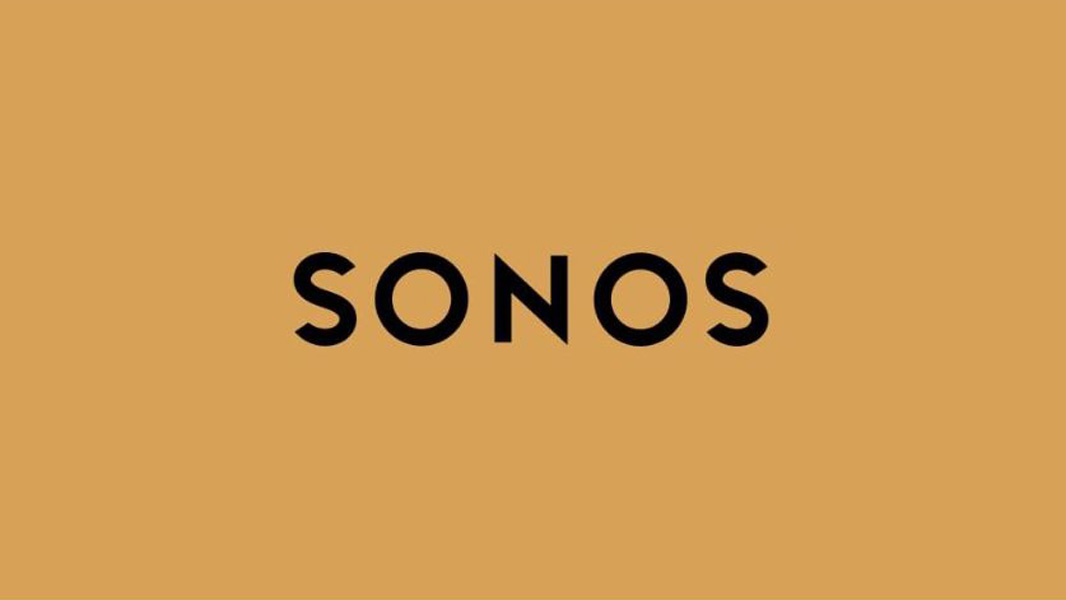ITC Hands Sonos a Victory in Patent Case Against Google
- Paul Thurrott
- Aug 13, 2021
-
13

The United States International Trade Commission has weighed in on the Sonos patent infringement case against Google. And it’s bad news for Google: The Commission has found that all five patents involved in the case are valid and that Google infringes on all of them.
“Today the [ITC’s chief administrative law judge] has found all five of Sonos’ asserted patents to be valid and that Google infringes on all five patents,” a statement from Sonos Chief Legal Officer Eddie Lazarus notes. “We are pleased the ITC has confirmed Google’s blatant infringement of Sonos’ patented inventions. This decision re-affirms the strength and breadth of our portfolio, marking a promising milestone in our long-term pursuit to defend our innovation against misappropriation by Big Tech monopolies.”
Windows Intelligence In Your Inbox
Sign up for our new free newsletter to get three time-saving tips each Friday — and get free copies of Paul Thurrott's Windows 11 and Windows 10 Field Guides (normally $9.99) as a special welcome gift!
"*" indicates required fields
Sonos first sued Google for patent infringement in January 2020, alleging that the online giant infringement on multiple Sonos patents related to smart speakers and related audio technology. The firm then sued Google again, in September 2020, alleging that Google was infringing on another five patents related to streaming music from cloud servers, playing back music from multiple devices, and dynamically adjusting sound quality based on the environment in which those devices are placed.
Sonos was originally seeking to ban the sale of Google’s infringing devices—including its Nest/Home smart speakers and Chromecast devices—and while the ITC ruling is only a single step in that direction, it’s still an important step.
“Chief Administrative Law Judge Charles E. Bullock [has] issued an initial determination [and] it is held that a violation of section 337 of the Tariff Act of 1930, as amended, has been found in the importation into the United States, the sale for importation, or the sale within the United States after importation of certain audio players and controllers, components thereof, and products containing same with respect to all the Asserted Patents,” the ITC decision notes.
“While this is only a first step in a lengthy battle, the decision serves as an important milestone in the ongoing effort to defend Sonos’ technology against Google, in order to ensure all companies, regardless of size, receive fair compensation for investing in the development of industry-leading technology,” a Sonos representative told me.
The full Commission will issue a final ruling in the case in December.